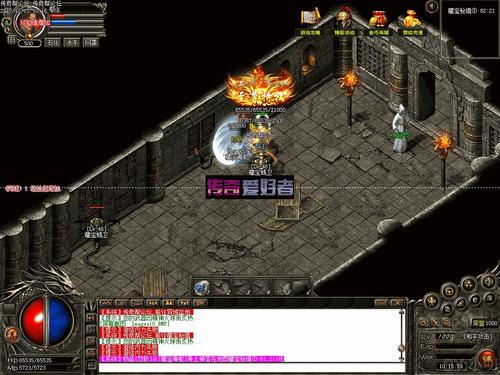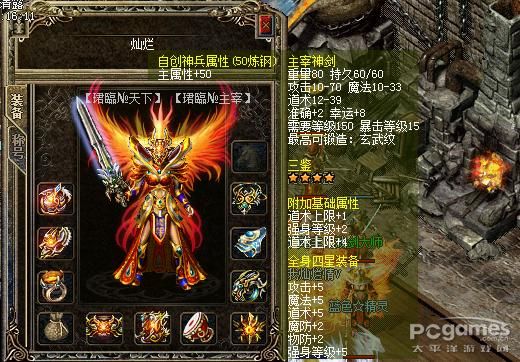◎欢迎参与讨论,请在这里发表您的看法、交流您的观点。
chuanqisifu: Understanding the Popularity, Themes, and Impact in Modern Literature
星期一 2024年10月21日 admin 传世新服表 chuanqisifu 0人
chuanqisifu: Understanding the Popularity, Themes, and Impact in Modern Literature
The Rise of Chuanqisifu in Contemporary Culture
The term "chuanqisifu" represents a unique and resonant genre within modern literature, specifically within the realms of fantasy and adventure storytelling. In recent years, this genre has gained significant traction among readers, predominantly in East Asian literature but extending to global audiences as well. It signifies more than just a narrative style; rather, it encapsulates intricate world-building, compelling character arcs, and an exploration of universal themes such as honor, resilience, and the quest for identity. The proliferation of digital platforms has further contributed to its reach, allowing budding authors to share their works easily and integrate their cultural narratives with worldwide themes.
Chuanqisifu, literally translating to "legendary master" or "story of a master," often features protagonists who embark on adventurous journeys that are rife with challenges. These characters undergo transformations that reveal their deepest strengths and vulnerabilities, drawing in the audience as they invest emotionally in the heroes journeys. The genre has evolved to incorporate elements traditionally found in popular culture, including web novels and animations, solidifying its place as a significant influence in contemporary storytelling. With its combination of traditional thematic elements and modern storytelling techniques, chuanqisifu continues to capture the imaginations of readers, reflecting the changing dynamics of global narrative consumption.

Key Themes and Elements of Chuanqisifu
The thematic richness of chuanqisifu extends far beyond mere entertainment; it often serves as a lens through which to explore complex social issues and philosophical questions. Central themes such as mentorship, the importance of community, and the impact of fate play significant roles in chuanqisifu narratives. These elements resonate deeply with audiences who find solace and inspiration in stories that highlight the human experience. Mentorship is a recurrent motif, where seasoned masters guide younger aspirants, demonstrating the value of wisdom and experience in the pursuit of mastery and knowledge.

Additionally, chuanqisifu often integrates intricate systems of martial arts or magic, interweaving cultural traditions that enrich the storytelling experience. This fusion of tradition and innovation is pivotal in creating compelling plots that transport readers to fantastical worlds, yet ground them in relatable realities. The conflict between personal desires and societal expectations is another prevalent theme, prompting readers to question their own beliefs and motivations. As these narratives unfold, they invite individuals to reflect upon the nature of their journeys and the legacies they wish to leave behind. Ultimately, chuanqisifu not only entertains but also inspires introspection, urging audiences to engage with the deeper meanings embedded within their narratives.
Q&A Section
Q: What makes chuanqisifu distinct from other literary genres?
A: Chuanqisifu is distinct due to its emphasis on mentorship, intricate world-building, and the blending of traditional and modern storytelling elements. It often focuses on character development through adventure, allowing readers to engage with deep themes related to identity and community, setting it apart from other genres.
Q: How has technology influenced the spread of chuanqisifu?
A: Technology has played a crucial role in the spread of chuanqisifu by providing platforms for writers to publish and share their works globally. Online communities and digital publishing options have facilitated the genres expansion beyond East Asian audiences, allowing for cross-cultural exchanges and adaptations.
- 本文标题:chuanqisifu: Understanding the Popularity, Themes, and Impact in Modern Literature
- 本文地址:http://www.shthsc.com/post/236.html